What is Ship Oil Pollution Emergency Plan (SOPEP)?
If you are a maritime professional working on ships, SOPEP locker (room) is one of the important places which you would be asked to familiarise with in the first few days of joining a ship. Let’s understand the importance of knowing SOPEP- Ship Oil Pollution Emergency Plan for a maritime professional.
Related reading: Procedure for ship familiarisation for new crew members on ship
When an oil spill occurs at sea, it tends to spread over the surface of the sea water, leaving a deadly impact on marine mammals, birds, the shoreline, and most importantly the ocean and the environment.
The cost to clean up an oil spill depends on the quantity and quality of oil discharged in the sea and is calculated on the basis of factors such as legal claims, money paid as penalties, loss of oil, repairs and cleanups, and the most important – loss of marine life and the effects on human health which cannot be measured against any amount.
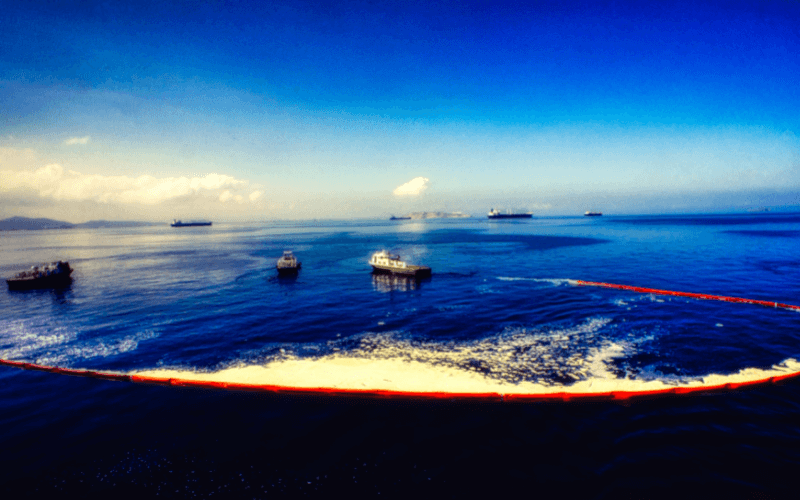
Related reading: How to avoid oil pollution at sea from ships?
As prevention is better than cure, in order to avoid the above mentioned monitory losses and primarily to avoid marine pollution and losses of marine species, a prevention plan is carried on board by almost all cruise and cargo vessels. This plan is known as SOPEP or ship oil pollution emergency plan.
What is SOPEP ?
As mentioned earlier, Sopep stands for Ship oil pollution emergency plan and as per the MARPOL 73/78 requirement under Annex I, all ships with 400 GT and above must carry an oil prevention plan as per the norms and guidelines laid down by International Maritime Organization under MEPC (Marine Environmental Protection Committee) act.
The Gross tonnage requirement for an oil tanker, according to SOPEP, reduces to 150 GT as oil itself is a kind of cargo which doubles the risk of oil pollution.
Related Reading: Solas And Marpol Convention: A General Overview
Master of the ship is the overall in charge of the SOPEP, along with the chief officer as subordinate in charge for implementation of SOPEP on board. SOPEP also describes the plan for the master, officer and the crew of the ship regarding ways to tackle various oil spill scenarios that can occur on a ship. For oil tankers, action plan differs according to the cargo handling and cargo tanks containing huge quantities of oil.
The essential SOPEP requirements for a ship are:
1. The Ship Oil Pollution Emergency Plan must be written following the provisions of regulation 37 of Annex I of MARPOL
2. The approved plan guides the Master and officers on board the ship concerning the steps to be taken when an oil pollution incident has occurred or a ship is at risk of one.
3. It is a requirement under MEPC circular no. 256 that the SOPEP contains all the information and operational instructions related to the emergency procedure and SOPEP equipment provided in the SOPEP kit.
Related Reading: 10 Methods For Oil Spill Clean-up At Sea
4. The plan must contain important telephone, telex numbers, names etc., of all the important contacts to be contacted in the event of an oil pollution
5. A recognised authority has approved the SOPEP, and there are no changes or revisions made without the prior approval of the Administration.
6. If there are any changes in the plan which is non-mandatory, it generally does not require approval from the administration. The owner and ship manager must update the appendices about the non-mandatory changes done in the plan
Contents of SOPEP – Equipment List
SOPEP contains the following things:
- The action plan contains the duty of each crew member at the time of the spill, including emergency muster and actions.
- SOPEP contains the general information about the ship and the owner of the ship etc.
- Steps and procedure to contain the discharge of oil into the sea using SOPEP equipment
- It contains the inventory of the SOPEP material provided for pollution prevention such as oil absorbent pads, sawdust bags, booms etc.
- Onboard reporting procedure and requirement in case of an oil spill is described
- Authorities to contact and reporting requirements in case of an oil spill are listed in SOPEP. Authorities like port state control, oil clean up team etc are to be notified
- Authorities to contact and reporting requirements in case of an oil spill are listed in SOPEP. Authorities like port state control, oil clean up team etc. are to be notified.
- SOPEP includes drawing of various fuel lines, along with other oil lines on board vessel with the positioning of vents, save all trays etc.
- The general arrangement of the ship is also listed in SOPEP, which includes the location of all the oil tanks with capacity, content etc.
- The location of the SOPEP locker and contents of the locker with a list of inventory
- Guidance to keep the records of the pollution incident (for liability, compensation and insurance purpose)
- Material for Reference from essential organisations (guidelines issued by ICS, OCIMF, SIGTTO, INTERTANKO, etc.)
- Procedures for testing various plan described in the SOPEP
- Procedure to maintain the record as required by the authorities
- Details of when and how to review the plan
General duties of ship’s crew under SOPEP:
MASTER: He/she is overall in charge of any incident related to the oil spill and should informing the authorities about it. He/she needs to ensure all crew members are complying with the plan and records are maintained for the incident
Chief Engineer: He/she will be the in charge of the bunkering operation and will instruct the subordinates to prepare SOPEP KIT prior to any oil related operation (Sludge transfer, lube oil bunkering, fuel oil bunkering etc.)
Chief engineer should keep the Master informed and updated on the situation, and the results from action taken to limit oil outflow.
Related reading: Responsibility of chief engineer under SOLAS
Chief Officer: He/she will be the in charge of complete deck operation to prevent any oil spill or in the event of a spill, the Chief officer must keep the master in the loop at all times and update the situation and action taken to stop or reduce an oil outflow.
Related Reading: How to become an effective chief officer on board ships?
Deck Duty Officer: To Assist the chief officer in deck watch and
Alert and inform Chief Officer/ Chief Engineer on any potential oil spill situation.
Related reading: 23 important points for vetting checklist for ships third officer
Duty Engineer: To assist Chief Engineer for any oil transfer operation which includes preparation of SOPEP material and readiness of firefighting equipment.
Duty Rating(s): To assist and alert the duty officer and engineer for detection of potential oil leakage and to immediately assist by all possible means to restrict and clean an ongoing spill. He/she should bring the additional SOPEP material to the location for preventing oil from reaching the ship’s railing.
SOPEP does not only provide details for preventing and fighting an oil spill, but it also acts similar to any other regulation of SOLAS as it also has the details to save the ship and crew in the event of mishap such as fire, collision, listing etc. and other related incident related to oil.
Disclaimer: The authors’ views expressed in this article do not necessarily reflect the views of Marine Insight. Data and charts, if used, in the article have been sourced from available information and have not been authenticated by any statutory authority. The author and Marine Insight do not claim it to be accurate nor accept any responsibility for the same. The views constitute only the opinions and do not constitute any guidelines or recommendation on any course of action to be followed by the reader.
The article or images cannot be reproduced, copied, shared or used in any form without the permission of the author and Marine Insight.
Do you have info to share with us ? Suggest a correction
About Author
Marine Insight News Network is a premier source for up-to-date, comprehensive, and insightful coverage of the maritime industry. Dedicated to offering the latest news, trends, and analyses in shipping, marine technology, regulations, and global maritime affairs, Marine Insight News Network prides itself on delivering accurate, engaging, and relevant information.

About Author
Marine Insight News Network is a premier source for up-to-date, comprehensive, and insightful coverage of the maritime industry. Dedicated to offering the latest news, trends, and analyses in shipping, marine technology, regulations, and global maritime affairs, Marine Insight News Network prides itself on delivering accurate, engaging, and relevant information.
Latest Maritime law Articles You Would Like:
Latest News
- What are Logistics Risks?
- How Port and Terminal Operators Can Control Emissions?
- Minimum Quantity Commitment (MQC) and Liquidated Damages in Container Shipping: Concept and Relevance
- The Essential Guide to Shipping Container Dimensions – What You Need to Know
- A Comprehensive Overview of IMDG Code for Shipping Dangerous Goods
- Nautical Law: What is UNCLOS?
Subscribe To Our Newsletters
By subscribing, you agree to our Privacy Policy and may receive occasional deal communications; you can unsubscribe anytime.
Web Stories



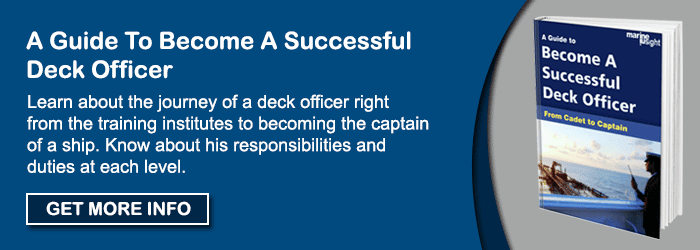
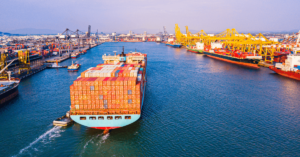
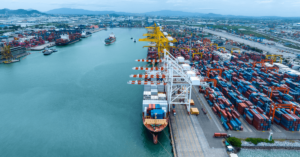
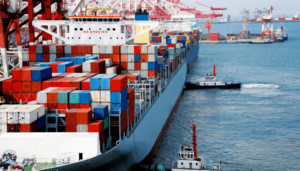
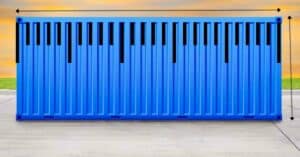
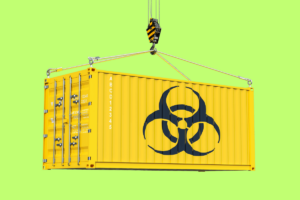
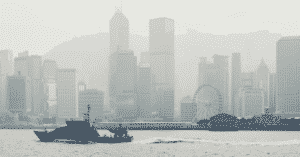

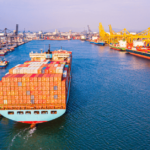
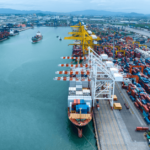
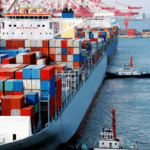
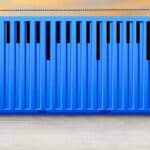
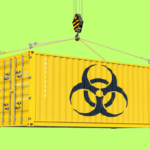
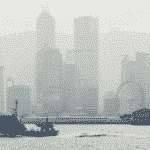

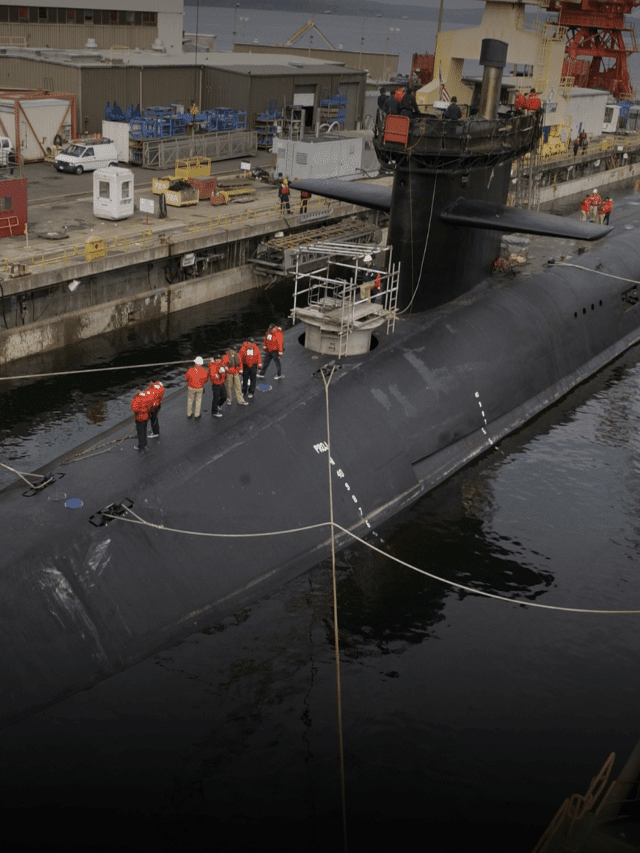
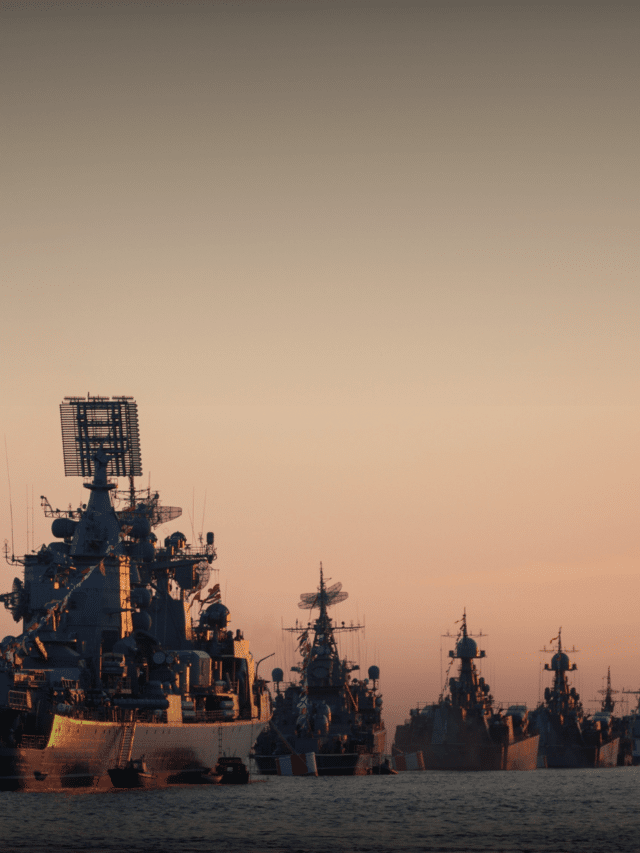
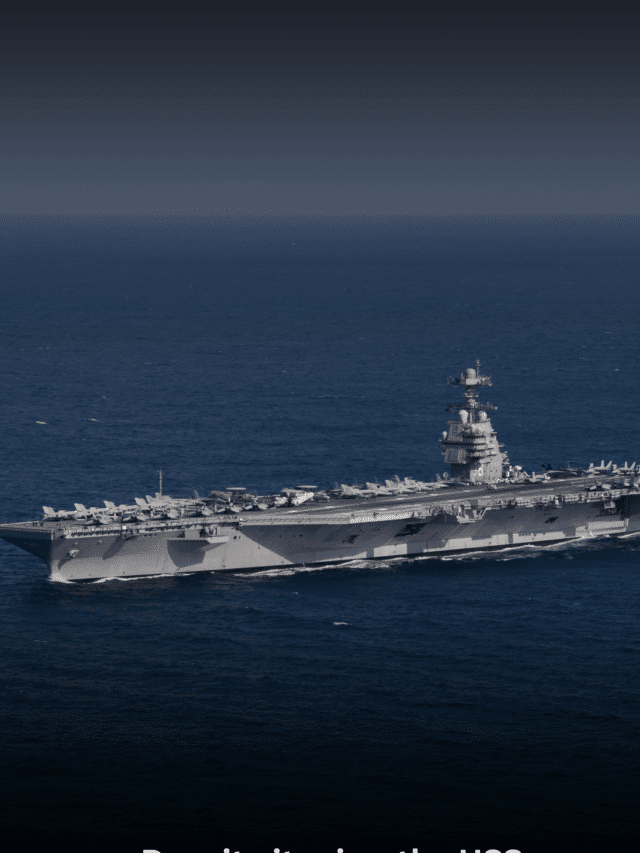
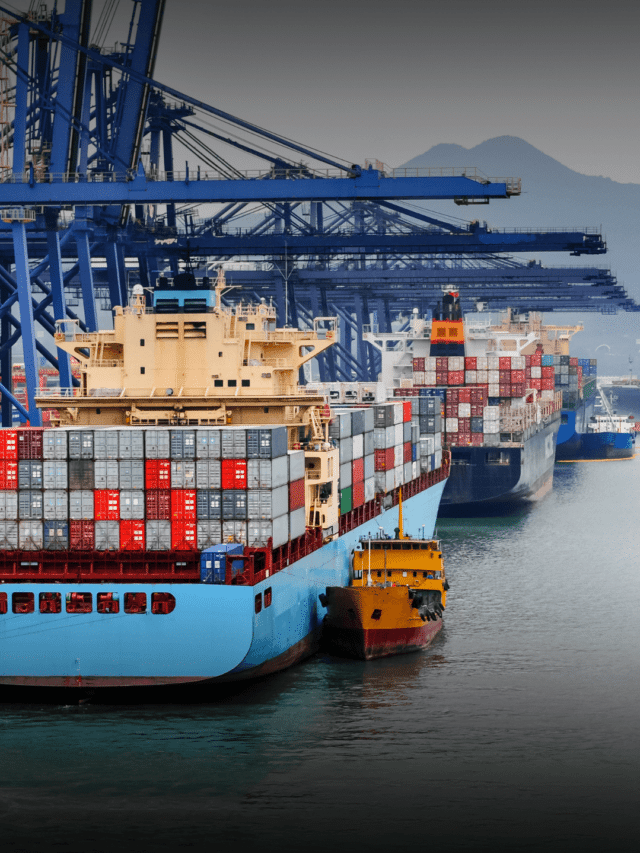
It will be appreciated to receive a copy on SOPEP and any other Oil pollution related materilas since I am working closily in a Marine Environment with Maritime Affairs Directorate under the Ministry of Works and Transport – Namibia.
Hays!
I need your help.
Duplicate comment detected; it looks as though you’ve already said that!
on AFRA MAX oil tanker double hull-GRT 53000,DW-97000 in SOPEP manual the quantity of required anti pollution items is not mentioned(annex VI,only sufficient) ,could any one advise the required quantity or where to refer to..
thanks
Please tell me the conditions when SOPEP should not be used during an oil pollution emergency
Good day .
Whats the minimum requirement to carry on board ships >500grt Oil spill dispersant
OSD . Any regulations in force.
sir, please describe opa90kit
Does SOPEP applies for Yachts crossing oceans?
does crew boat of 65 grt compulsory to have SOPEP and so with monthly safety drill with only 3 crew on board?
No.